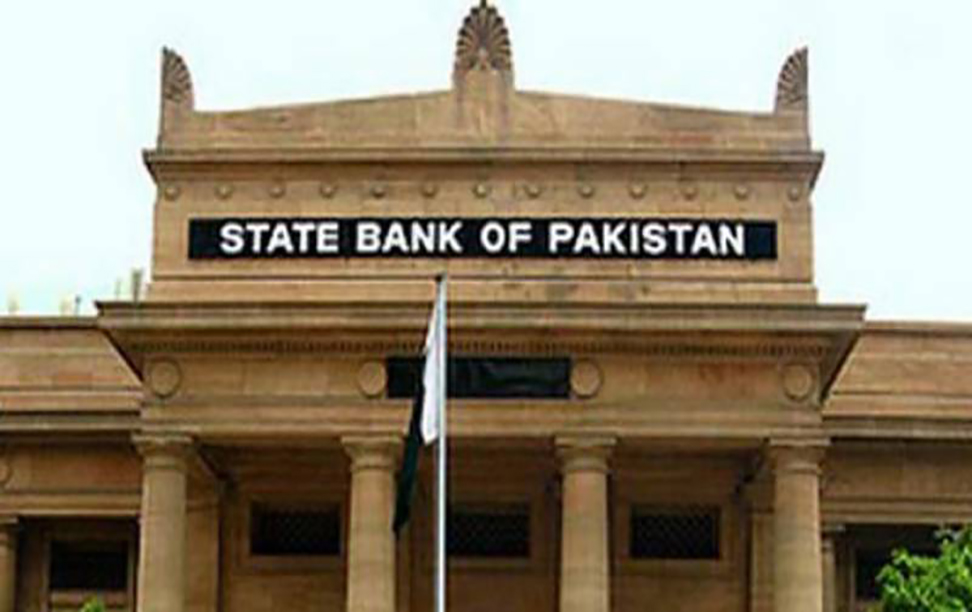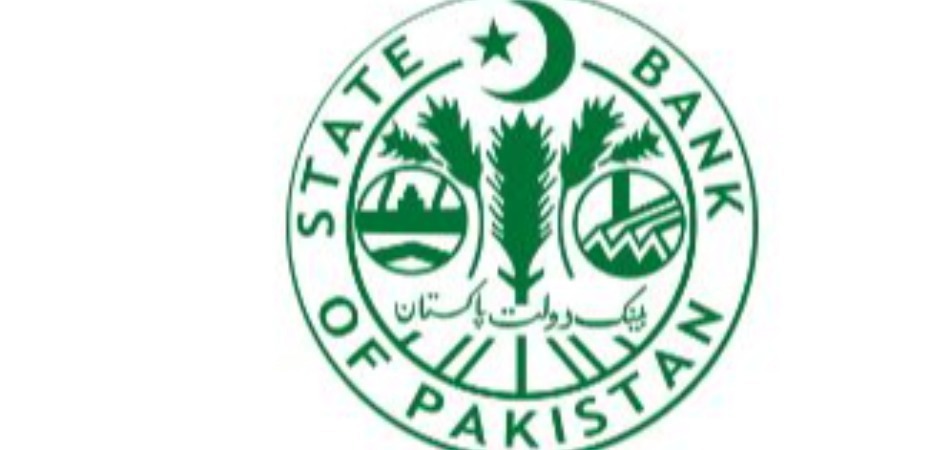SBP’s reactive policy require introspection

By Fayaz Hussain | July 03, 2023 at 10:27 AM GMT+05:00
July 03, 2023 (MLN): It was in June 2022 that the State Bank of Pakistan really lost its grip on CPI as it increased by 6.34% month-on-month to reach 21.3% year-on-year from 13.8%YoY in May same year prompting by the two-pronged hike in prices of motor fuel as well as the electricity charges.
Since then, the inflation during 11MFY23 has averaged around 30%YoY with the policy rate currently standing at 22% (100bps of which was announced in an emergency meeting held on June 26, 2023). The rate hikes have been reactive, to say the least, and have failed to achieve their purpose of keeping demand in check.
During FY23, the State Bank of Pakistan (SBP) faced challenges in accurately predicting the inflation rate, which had implications for the financial stability of the economy. This situation not only posed risks to the economy's sustainable growth but also eroded the trust and credibility that decision-makers place in the central bank's forecasts.
The SBP’s reactive policy response has put pressure on price expectations which have already been under immense burden from the aftershocks of high global energy prices and domestic fiscal lapses (subsidies).
Its approach during the first six months of 2022 appeared to prioritize growth over price stability, leading to a disregard for proactive measures to contain inflation. This approach, however, seemed to overshadow the importance of maintaining a balance between economic growth and price stability.
The SBP, facing the consequences of its inflation anticipation, is now compelled to implement emergency interest rate hikes to reassure investors, the public, and the International Monetary Fund (IMF) of their unwavering dedication to maintaining low inflation.
The latest example of which we saw in the June 26 announcement where an emergency meeting was called upon by the central bank to help offset the potential inflationary impacts of revised taxes on salaried class, FED charges, and an increase in development levy.
The SBP’s claims of inflation being ‘transitory’ as far back as the start of 2022 to influence the expectations failed miserably as monthly CPI numbers continued to show the entrenched nature of price rises.
Over the previous fiscal year, the State Bank of Pakistan (SBP) faced challenges in accurately gauging inflationary pressures, which calls for self-reflection. This ongoing underestimation of inflationary factors has led to concerns among the public and those who rely on the SBP's guidance, leading to increased skepticism.
The IMF in its Staff-level Agreement (SLA) outlines a similar strategy for the central bank. “Going forward, the SBP should remain proactive to reduce inflation…” The central bank needs to get its house order and stop playing catch up to inflation in an economy like Pakistan where monetary policy instruments play only a partial role in keeping prices in check owing to the size of the informal economy.
The central bank must draw lessons from the failures to preempt the inflationary pressures we are currently seeing right now; it would need to keep the tightening efforts in place for a longer period even if inflation begins to show a declining trend.
It must not give in to political pressures and keep real interest rates positive until at least inflation drops below the 8%YoY mark.
In order to regain lost trust and enhance its forecasting capabilities, the central bank must acknowledge the challenges it has faced in accurately predicting economic trends and be proactive in learning from these experiences.
Copyright Mettis Link News
Related News
| Name | Price/Vol | %Chg/NChg |
|---|---|---|
| KSE100 | 130,344.03 345.79M |
1.67% 2144.61 |
| ALLSHR | 81,023.99 1,021.87M |
1.55% 1236.37 |
| KSE30 | 39,908.26 141.62M |
2.05% 803.27 |
| KMI30 | 189,535.00 150.29M |
1.40% 2619.39 |
| KMIALLSHR | 54,783.66 508.76M |
1.07% 581.78 |
| BKTi | 34,940.73 55.86M |
4.37% 1464.05 |
| OGTi | 28,296.06 16.02M |
1.19% 333.47 |
| Symbol | Bid/Ask | High/Low |
|---|
| Name | Last | High/Low | Chg/%Chg |
|---|---|---|---|
| BITCOIN FUTURES | 109,710.00 | 110,105.00 109,405.00 |
-575.00 -0.52% |
| BRENT CRUDE | 68.62 | 69.00 68.58 |
-0.49 -0.71% |
| RICHARDS BAY COAL MONTHLY | 97.50 | 0.00 0.00 |
0.75 0.78% |
| ROTTERDAM COAL MONTHLY | 109.20 | 110.00 108.25 |
1.70 1.58% |
| USD RBD PALM OLEIN | 998.50 | 998.50 998.50 |
0.00 0.00% |
| CRUDE OIL - WTI | 66.99 | 67.50 66.98 |
-0.46 -0.68% |
| SUGAR #11 WORLD | 15.56 | 15.97 15.44 |
-0.14 -0.89% |
Chart of the Day
Latest News
Top 5 things to watch in this week
Pakistan Stock Movers
| Name | Last | Chg/%Chg |
|---|
| Name | Last | Chg/%Chg |
|---|

.jpg)


 Trade Balance
Trade Balance
 CPI
CPI